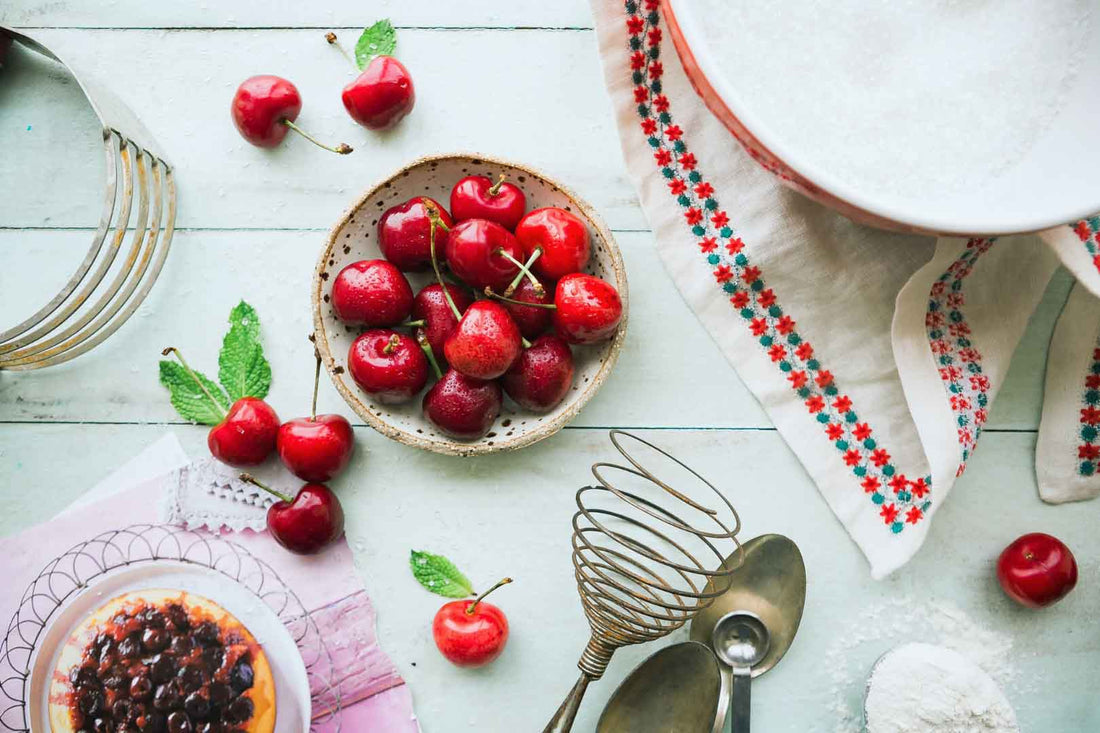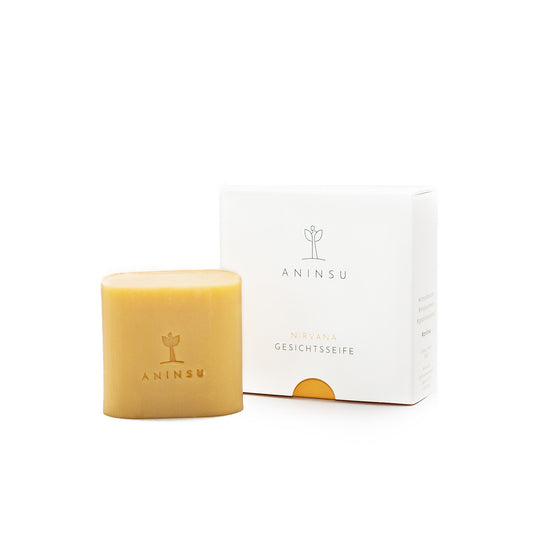When people talk about sustainability these days, one might think that there are primarily two camps: the fundamentalists, who subordinate everything to the topic, and the opponents, who believe that life and property are in danger. The suspicion arises that in this case, too, the middle ground is the most sensible option for the moment.
Sustainability in the economy
Many companies have now realized that sustainability is a big, mostly untouched pie and want a piece of it. This piece can't be big enough. But why do a lot when you can only do a little something or maybe not much or nothing at all. You can still talk about it. #wearealwaystrying This is how greenwashing often happens. Taking credit for something that, for the most part, has only been talked about. The economy sometimes works that simply. And so frustrating is the result, which we consumers are not necessarily innocent of, as we like to be lulled by fine words and dazzling promises.
But it also sounds too good to be true: planted trees here, climate-neutral shipping there, recyclable plastic packaging over there and compensated CO2 emissions over there. Feels like progress right? Well, not really. Because basically every topic is a trend. Few lead the way and many jump on the journey towards the cake. And even if you honestly have to say that individual measures make sense, of course, as an observer you can't shake the feeling that a lot of the right things are happening for the wrong reasons.
Many of these measures are gradually being perceived by consumers as must-haves: how, one tree is not planted here for each order? As a smaller company, you watch and at some point you feel compelled to adopt certain of these measures. Not because they make sense per se in any case, but because the larger players actually sell indulgences as social responsibility. And if you don't follow suit, you're left out. We shouldn't even have to drive to the cake?! What if we built our companies directly into the cake? Then the way to the cherry at the top is not that far either.
Sustainability in the private sphere
It's ironic that we consumers expect more from companies than many of us are willing to do ourselves. The company should plant a tree, ship climate-neutrally, compensate for the CO2 emissions of their products and if I buy from them, then I've also done something good right away. Win win. I don't have to do as much privately anymore, the evil economy is about to turn around and its contribution to the climate catastrophe is much greater anyway. What am I supposed to do if I start any efforts now. Well okay, I can sort my garbage a bit. So the way I think it makes sense, even if I don't really know if that's true. It will be fine, I have completely different problems in life anyway.
And what about cherry picking now?
It's easy to slip into a role that fits some sort of victim mentality. That is not right. Neither as a private individual nor as a company. Admittedly, the latter have been cherry picking when it comes to sustainability for quite some time. Why don't we do that privately as well
Separating waste is an oldie, that's not enough anymore, sorry. Calculating and offsetting your own CO2 emissions really isn't difficult and doesn't have to be expensive either, as long as you go through an association and not through a profit-oriented company that wants to impose its services in this regard. But also many other things: think twice before you buy something, research which foods have the least CO2 production, get involved socially or just help where help is needed. Let's not leave the cherry picking to the companies alone. We are all entitled to a piece of the sustainability cake. And if we all get it together, then together we can ensure that planet Earth will continue to eat cherries in the future.










